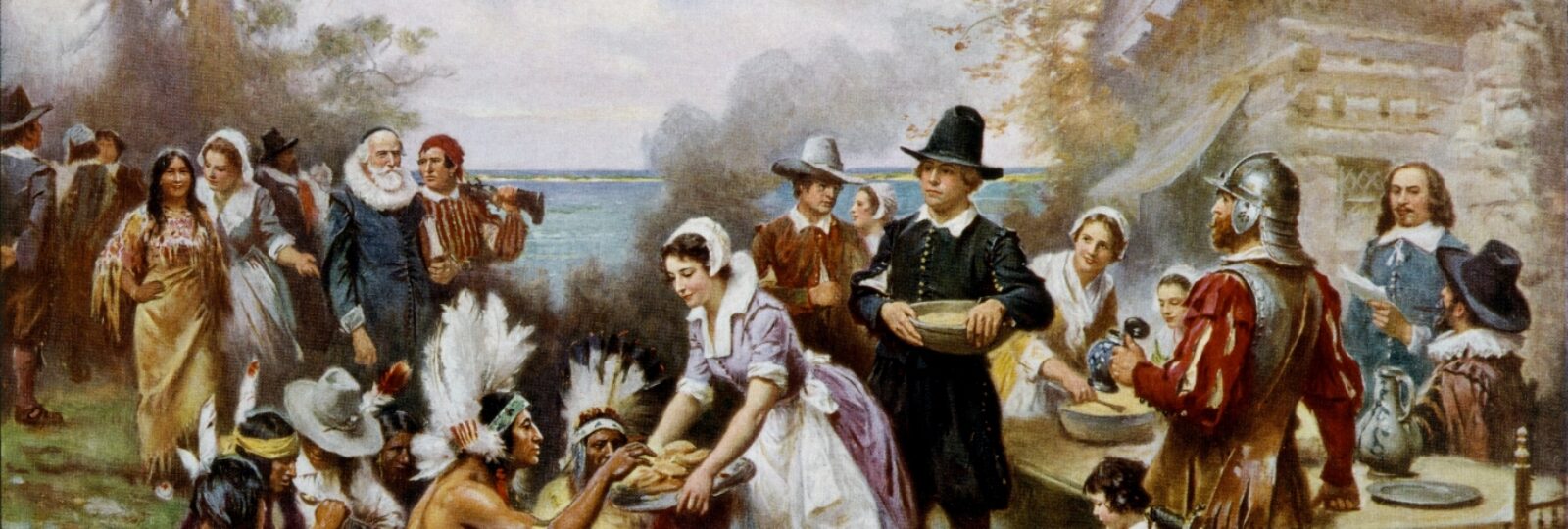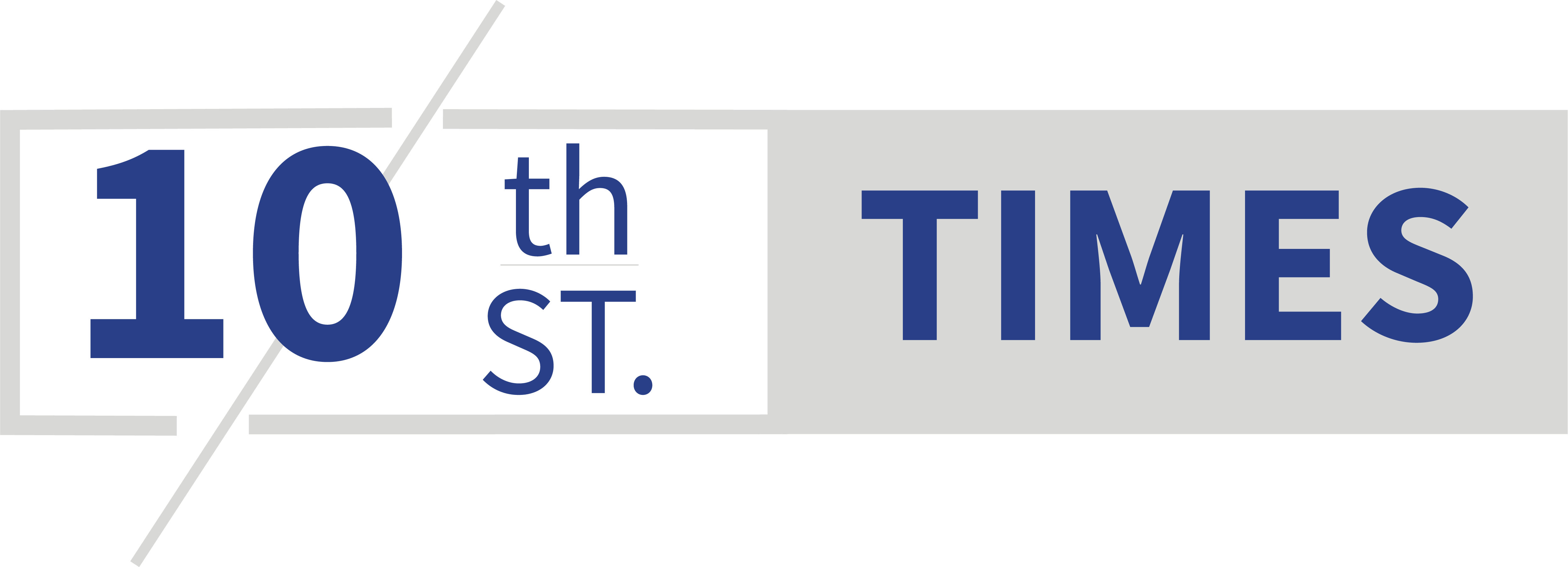Thanksgiving: Should It Still Be Celebrated?
Share this story

Many people have heard the story behind the “First Thanksgiving,” but is it accurate? Is Thanksgiving even ethical to celebrate?
The “First Thanksgiving” story in classrooms revolves around religious-freedom-seeking pilgrims sailing across the sea on the Mayflower. It is then said that these pilgrims would not have survived winter if it had not been for a local native tribe that showed them how to properly use the land. The “First Thanksgiving” was then a feast where two groups came together to gorge on their hard-earned food.
As time went on, and the industrial revolution boomed, American people no longer feared harvestless winter. However, the tradition continued and expanded as different cultures entered America. With full stomachs, and likely more clarity, the history of Thanksgiving taught comes under scrutiny.
When looking into the details of the Federal holiday, it’s apparent that none of the iconic Thanksgiving story is there. In fact, the story and corresponding holiday were pushed by a magazine editor to ease Civil War conflicts.
The National Museum of the American Indian wrote, “Sarah Joespha Hale, an influential editor of a magazine called Godey’s Lady’s Book, led a campaign for a national Thanksgiving holiday, and the ‘First Thanksgiving’ myth played into her agenda. In 1863, President Abraham Lincoln declared a national Thanksgiving in November to celebrate gratitude and unity amidst the turmoil of the Civil War.”
Apart from questions on the history of the holiday, the ethics of Thanksgiving also come into question. It is debated that idolizing a peaceful pinpoint in European and Native relations drastically minimizes the horrors that followed.
“From the perspective of the pilgrims, yeah, they’ve come through this hard winter so that they can settle in this new land. But for indigenous people looking back today, this is the early stages of what turns out to be a genocide. And that’s why there’s so much controversy about celebrating it today,” commented the spokesperson for Living History Farms, Elizabeth Keist.
History.com Editors described, “The traditional narrative paints a deceptively sunny portrait of relations between the Pilgrims and the Wampanoag people, masking the long and bloody history of conflict between Native Americans and European settlers that resulted in the deaths of tens of thousands.”
“It just disregards (the centuries of brutality) against Native Americans and chooses to take this one tiny snapshot, and in the world of social media, it puts all the pretty filters on it so that it doesn’t look the way it truly did.” argued Dr. Kelli Mosteller, Citizen Potawatomi Nation’s Cultural Heritage Center director in a 2020 Potawatomi Article.
The shame is that this celebration of harvest has historically been celebrated for generations, most notably by Indigenous groups. Their giving nature and values are twisted into a coverup of their genocide. However, some native people have chosen to take back the holiday.
Native Hope Blog stated, “Many embrace the positive messages of the day and choose to put aside thoughts about its complex history. This is because the idea of giving thanks is central to Native heritage and culture. Long before settlers arrived, Native tribes celebrated the autumn harvest and the gift of Mother Earth’s abundance. Native American spirituality, traditionally and today, emphasizes gratitude for creation, care for the environment, and recognition of the human need for communion with nature and others. Thanksgiving as a holiday originates from the Native American philosophy of giving without expecting anything in return.”
However, this still begs the question of whether it is ethical for non-native people to celebrate this holiday. Is it worth it if founded on such a bloody sorrowful history of deception? Would support of this holiday be assumed as support of colonization? How can the core of Thanksgiving be maintained without disrespecting Native peoples and tribes?
“As long as there have been Agrarian people, there have been celebrations for the harvest. Whether it is possible to separate our Thanksgiving myth from that kind of celebration of thanks, I don’t know. We’ve had two centuries of interweaving the idea of the holiday with this really pretty sanitized story of early European settlement,” Keist explains.
The answer lies in a balance.
Similarly to other traditions with a dark past, this holiday’s history truly stems from multiple paths: The native celebration of the harvest, the “First Thanksgiving” myth and the official Federal holiday.
To celebrate Thanksgiving is not to celebrate genocide or further push down Native stories. If done right, it is to acknowledge its true roots, do not use culture as a costume to educate, recognize all sides of this story and celebrate Native American Heritage Day with the same vigor as Thanksgiving.
In a 2019 Time Magazine article, Sean Sherman, Founder and CEO of The Sioux Chef expressed, “No matter where you are in North America, you are on indigenous land. And so on this holiday, and any day really, I urge people to explore a deeper connection to what are called ‘American’ foods by understanding true Native-American histories, and begin using what grows naturally around us, and to support Native-American growers. There is no need to make Thanksgiving about a false past. It is so much better when it celebrates the beauty of the present.”
